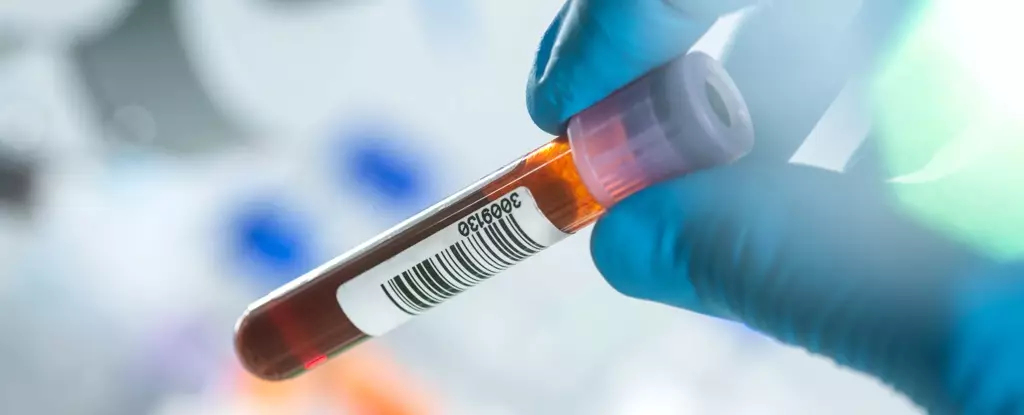In a groundbreaking advancement for Alzheimer’s disease detection, a blood test has gained approval in the United States, significantly altering the landscape of diagnosis and treatment accessibility. Developed by Fujirebio Diagnostics, this test analyzes the ratio of two specific proteins, correlating with amyloid plaques known to characterize Alzheimer’s. This is a monumental leap from previous diagnostic methods that relied heavily on costly brain scans or invasive spinal fluid analyses. The ability to diagnose Alzheimer’s through a simple blood test not only transforms the patient experience, but also has major implications for early intervention strategies that could slow disease progression.
An Expanding Epidemic
Alzheimer’s disease is an escalating crisis, with current statistics showing that approximately 10% of seniors aged 65 and older are affected. This figure is projected to double by 2050, positioning Alzheimer’s as a public health priority that demands proactive measures. As FDA Commissioner Dr. Marty Makary aptly noted, the disease disproportionately impacts more individuals than both breast and prostate cancers combined. By recognizing the urgent need for innovative solutions, the U.S. is making strides toward addressing the increasing challenges posed by this degenerative condition.
The Promise of Earlier Intervention
Immediate implications of the blood test approval include enabling earlier treatment with existing therapies like lecanemab and donanemab. These medications, while not cures, have shown modest efficacy in slowing cognitive decline. Healthcare professionals, particularly neurologists, advocate for these treatments, emphasizing that initiating therapy early in the disease’s trajectory could grant patients vital months of independence. Early diagnosis through the blood test could facilitate more timely therapeutic interventions, enabling patients to maintain their quality of life for a longer duration.
Enhancing Diagnostic Accessibility
The FDA’s recent decision is commendable in making Alzheimer’s detection more straightforward and accessible. As noted by Michelle Tarver from the FDA’s Center for Devices and Radiological Health, this blood test allows for a simpler diagnostic pathway for patients who exhibit cognitive decline. By potentially reducing the need for more intricate testing methods, this innovation can expand access to millions of Americans, particularly those in underserved areas. As healthcare systems worldwide grapple with the growing dementia crisis, this test stands to democratize Alzheimer’s diagnosis.
The Future Landscape of Alzheimer’s Treatment
While the approval of the blood test marks a significant milestone in the fight against Alzheimer’s, it is essential to highlight that it is just one component of a larger puzzle. The results must be evaluated within the context of comprehensive clinical information, ensuring a holistic approach to diagnosis and treatment. Moreover, as researchers continue to explore additional therapeutic avenues, the introduction of more efficient diagnostic tools paves the way for advancements in research and treatment. The potential to one day cure or substantially alter the course of Alzheimer’s disease may not be as far-fetched as it once seemed, especially with promising strides in both diagnostics and therapeutics on the horizon.

